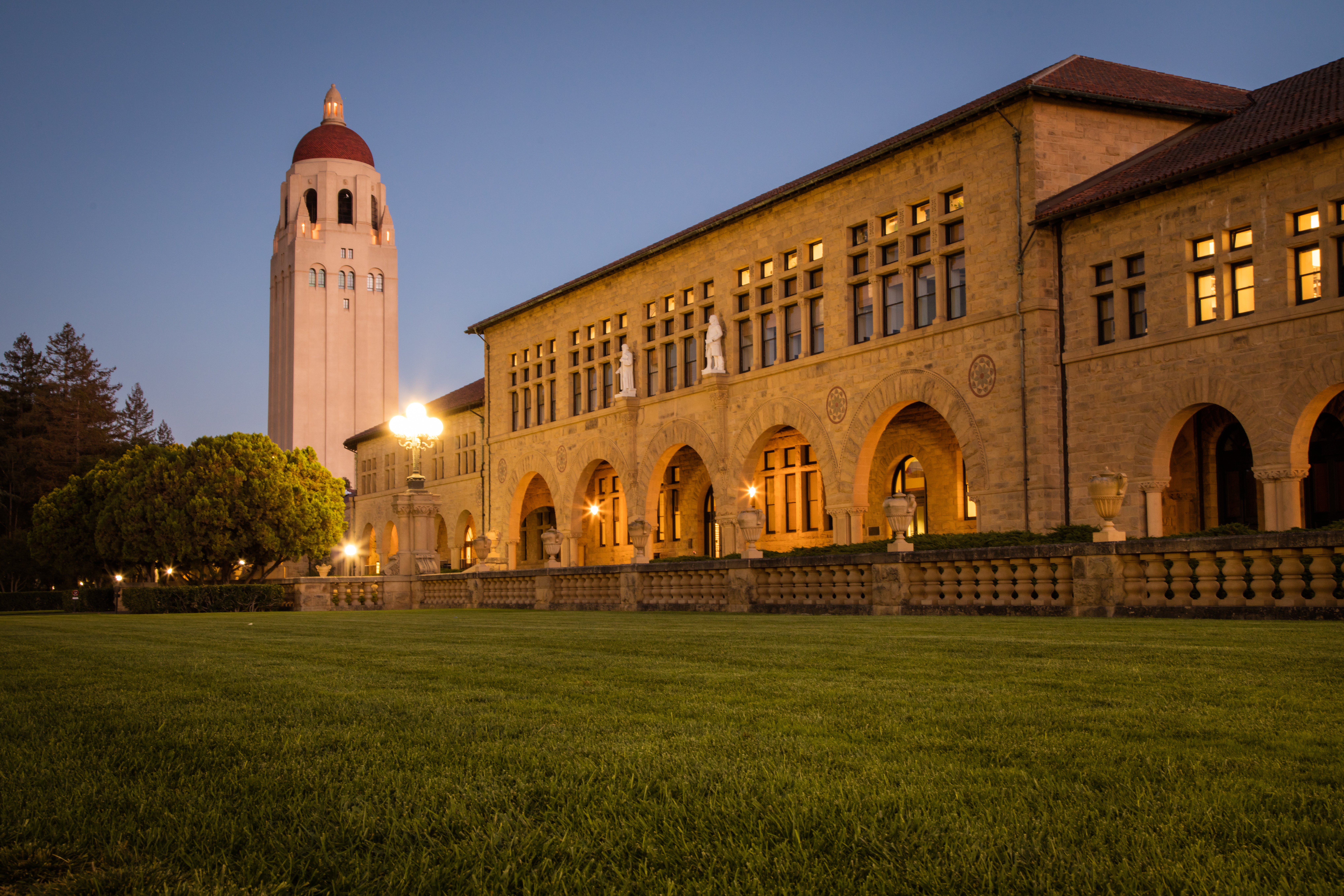A petition started by Sara Simoni ’26 for students to meet with members of the creative writing faculty to discuss their decision to “future fire” all of the Jones lecturers has been turned down by two deans Thursday.
Simoni said the purpose behind her petition to Humanities and Arts Senior Associate Dean Gabriella Safran, and Humanities and Sciences Dean Debra Satz was to gather all of the important department administrators — including the deans, Creative Writing Program Director Nicholas Jenkins, faculty members, lecturers and some students — in a general meeting, where they could talk about the state of the program. She said the meeting wasn’t meant to create change or reverse decisions, but rather, to hold a space where all voices could be heard in person.
According to creative writing lecturer Austin Smith, there had been a request for a town hall meeting a few months ago to air public concerns about the creative writing program, but that was denied. In a letter to the editor, Satz had written that “Town halls are not held because academic units make personnel decisions with which students or others may disagree.”
However, Simoni said her petition is different from that effort, and she communicated that in her petition and emails to the dean.
In a statement to The Daily, Safran wrote “Dean Satz and I have met with students and lecturers who have had questions and comments about the decision. The decision came out of a lengthy and careful process that aligns with our governance system.”
The dismissal from Safran felt disappointing, Simoni said. According to her, her petition used specific language to make it clear she wasn’t asking for a town hall.
“This is us trying to use the university systems and policies to try to create change that we think would be effective going forward,” Simoni said.
“I do honestly believe that there were a lot of good intentions behind the decision that people made,” Simoni said, but that she would like to hold a conversation to hear from all voices, and get in touch with faculty members who haven’t responded yet.
Since its launch on Nov. 20, there have been 150 verified signatures on the petition. Many signatories are current Stanford students and alumni who say that they are concerned about the status of the program and want an opportunity to be listened to. Steven Tagle ’07, an alumni of the program, said he signed the petition because he “wanted to sort of give back and do as much as [he] could to support the current Jones lecturers.”
“It seems like they’re not listening to the students’ concerns as much as trying to justify the decision that they’ve already made.” Tagle said.
The petition is completely student-led. Smith said his involvement was bridging Simoni with the faculty.
“I have let go of the outcome… I don’t need to be [in the meeting],” Smith said. “And it’s not about our jobs. It’s about the students feeling that they have a healthy program so they can make clear decisions about their academic path at Stanford.”
Kate Mattox ’26 said she wished there was more transparency, wanting the creative writing faculty to meet with students and explain their reasoning or release a plan about what’s going to happen to the program.
The creative writing program has been holding coffee chats with Jenkins as an opportunity for students to discuss the program with him. Kathaleen Mallard ’25 went to meet with Jenkins but said she thought that the chat “was a waste of time.”
Mallard wrote that she thought Jenkins tried to use the chat as a defense of the “entire English department” and that she thought he did not approach the coffee chats with an open mind. According to her, Jenkins “made it clear that students’ voices aren’t going to change the decision, and the Deans don’t fully agree with the decision, but the changes are out of their hands.”
Simoni said she also met with Jenkins for a coffee chat and thought that he has “done a great job of trying to be available in terms of meeting and discussing things.” However, she still wanted a meeting with more faculty members than just Jenkins present to talk about the decision that was made.
Mallard also met with Satz and Safran. According to her, Satz and Safran told her there were inconsistencies between what she knew and what actually happened, but did not clarify the inconsistencies. She wrote that she does think Satz and Safran are trying to listen to students because they wrote custom responses to people who wrote a letter to them. However, the lack of transparency has left her feeling sad and that the program is inaccessible to her.
“This is why we want to have a meeting with the other English Faculty so we can understand the decisions that were being made and have it not feel like a waste of time,” Mallard wrote.
The Daily reached out to Safran, Satz and Jenkins for a comment.
